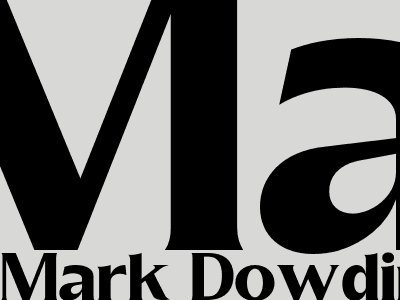
Mark Dowding: How Trump's Victory Could Impact ECB Policy
The European Central Bank (ECB) is likely to take a more cautious approach to monetary policy in the wake of Donald Trump's victory in the US presidential election.
The ECB has been one of the most dovish central banks in the world in recent years, and it has been pursuing a policy of quantitative easing in an effort to boost economic growth and inflation. However, the election of Trump has raised concerns about the future of the global economy, and the ECB is likely to be more cautious in its approach to monetary policy as a result.
There are a number of reasons why the ECB is likely to take a more cautious approach to monetary policy.
- First, the election of Trump has increased uncertainty about the future of the global economy. Trump has pledged to renegotiate trade deals and impose tariffs on imports from China and Mexico. This could lead to a trade war, which would damage the global economy and make it more difficult for the ECB to achieve its inflation target.
- Second, the election of Trump has raised concerns about the future of the eurozone. Trump has said that he believes the euro is "too strong" and that he would like to see it weaken. This could put pressure on the ECB to ease monetary policy further in order to weaken the euro.
- Third, the election of Trump has led to a sell-off in global stock markets. This could lead to a decline in economic growth, which would make it more difficult for the ECB to achieve its inflation target.
The ECB is likely to take a more cautious approach to monetary policy in the wake of Donald Trump's victory in the US presidential election. The ECB is likely to keep interest rates low and may even ease monetary policy further in order to support the economy. However, the ECB is also likely to be more cautious about its quantitative easing program, as it is concerned about the potential risks of inflation.